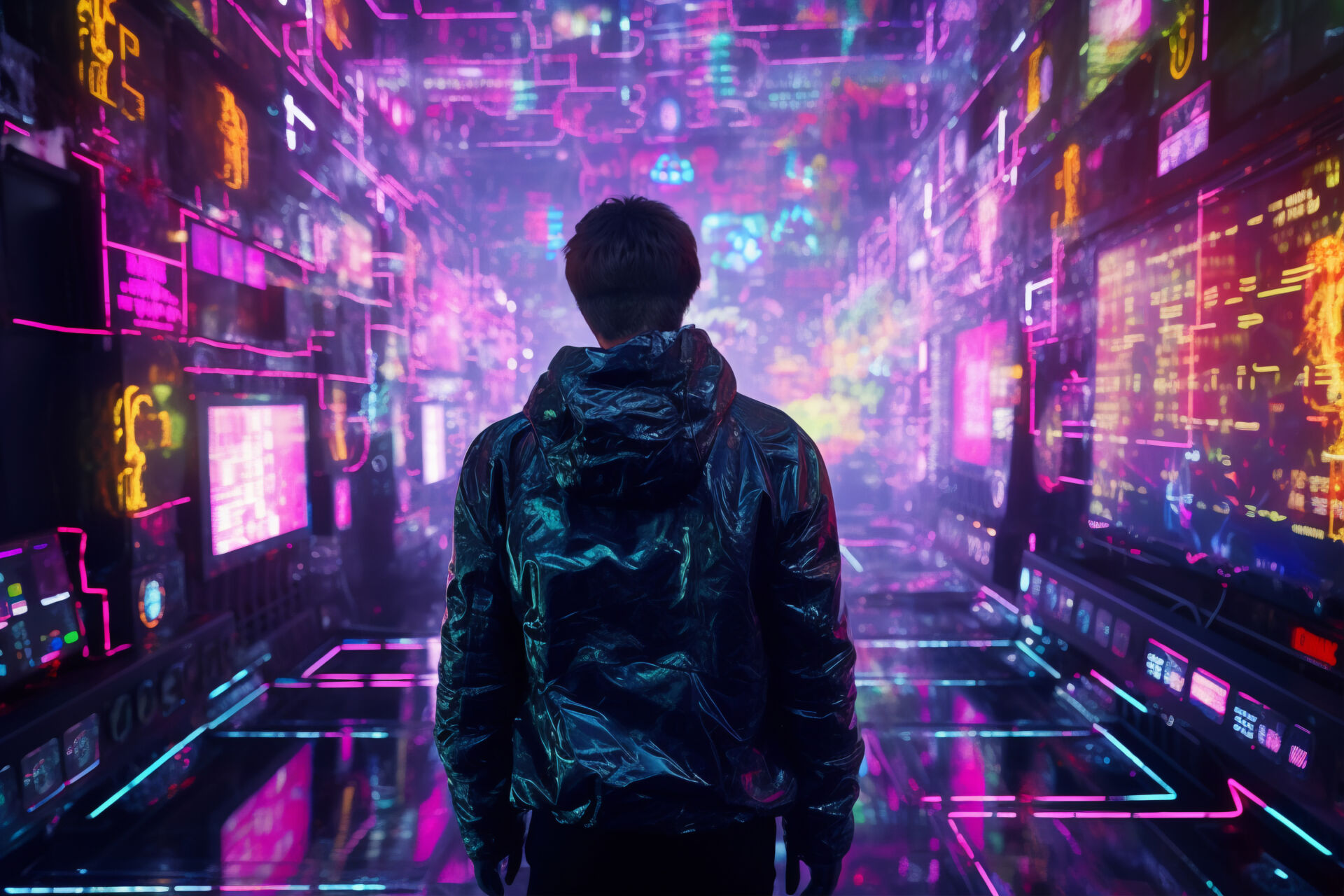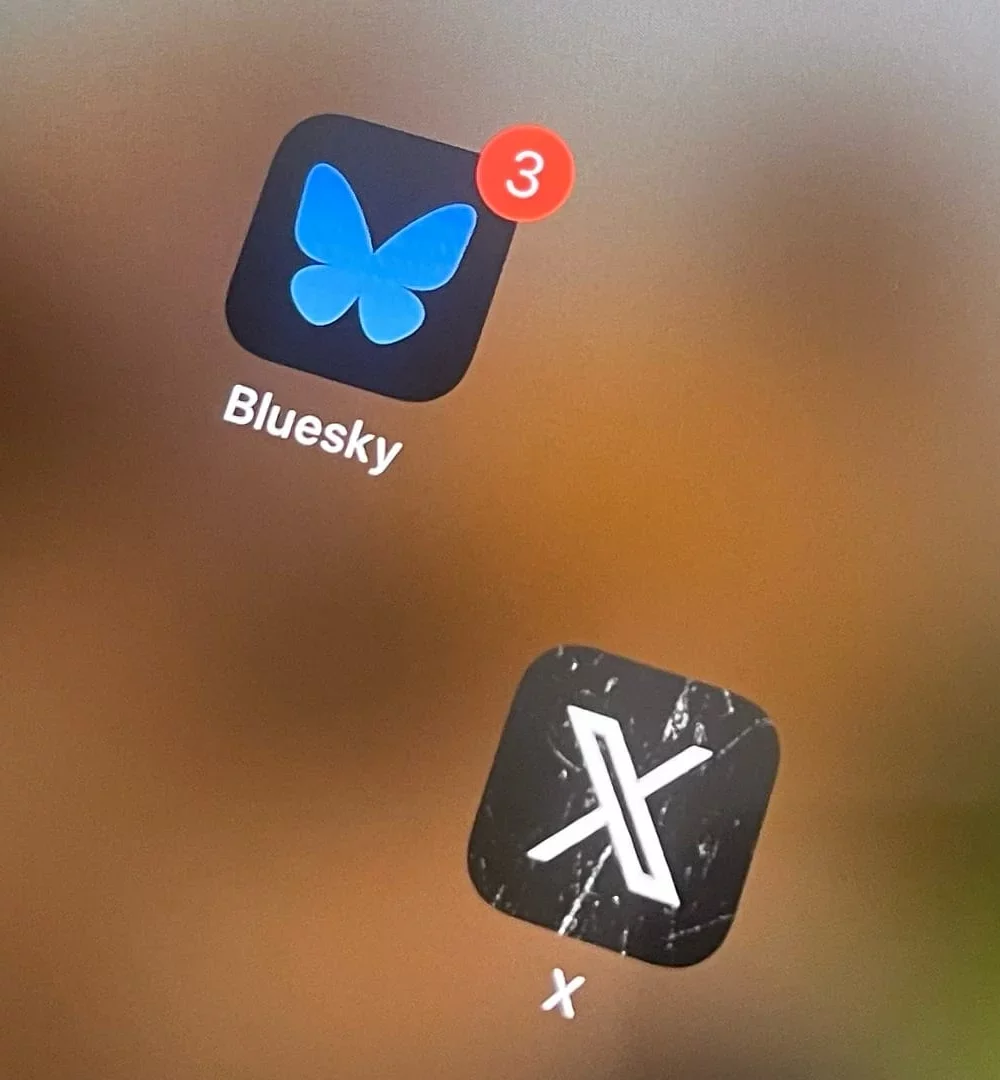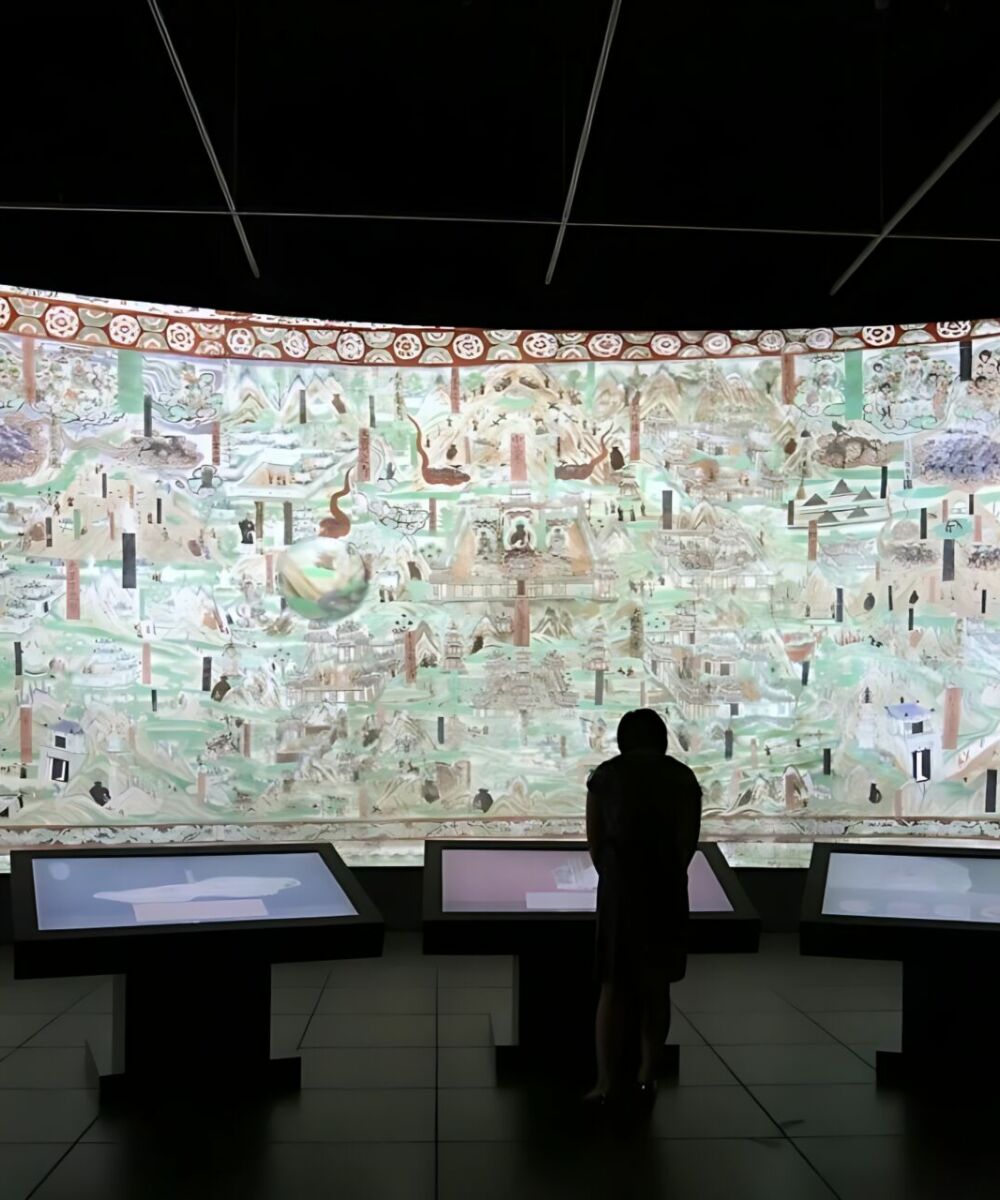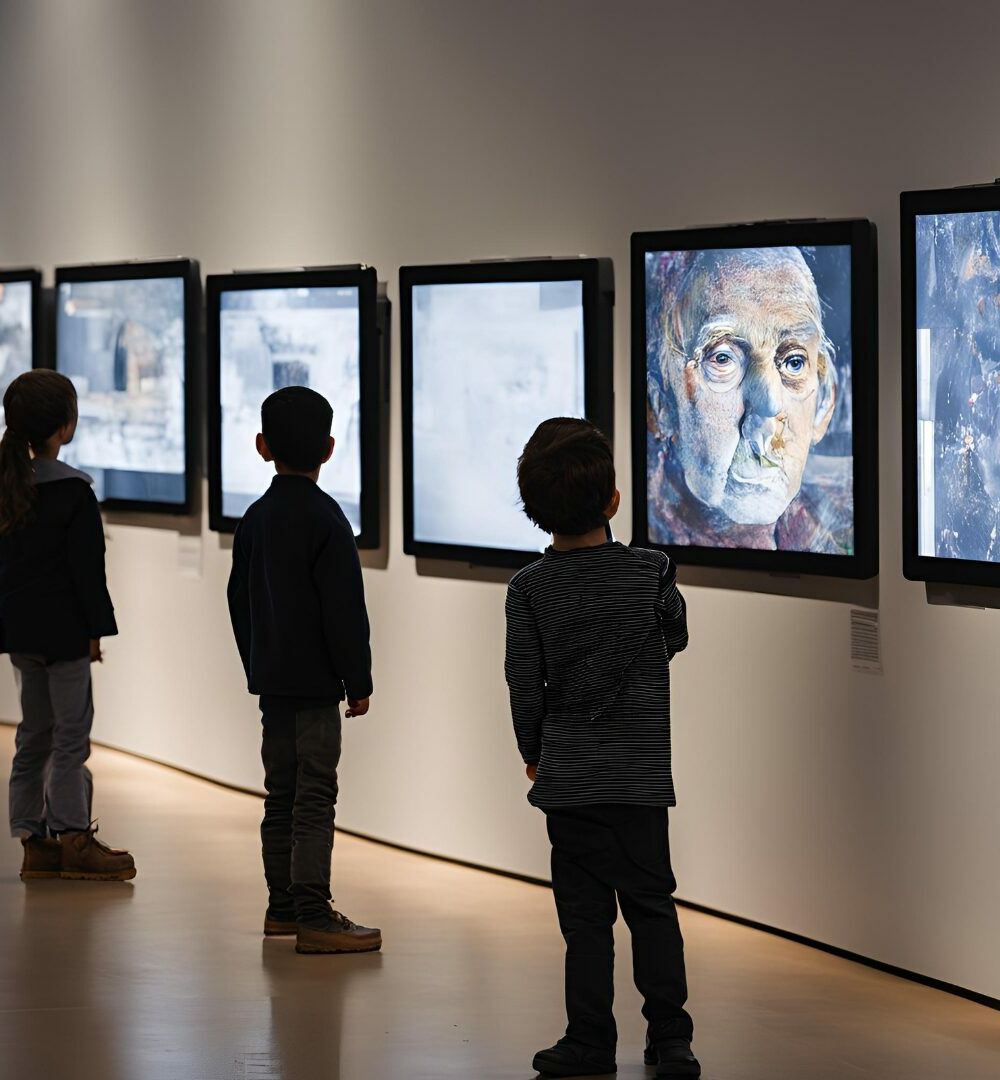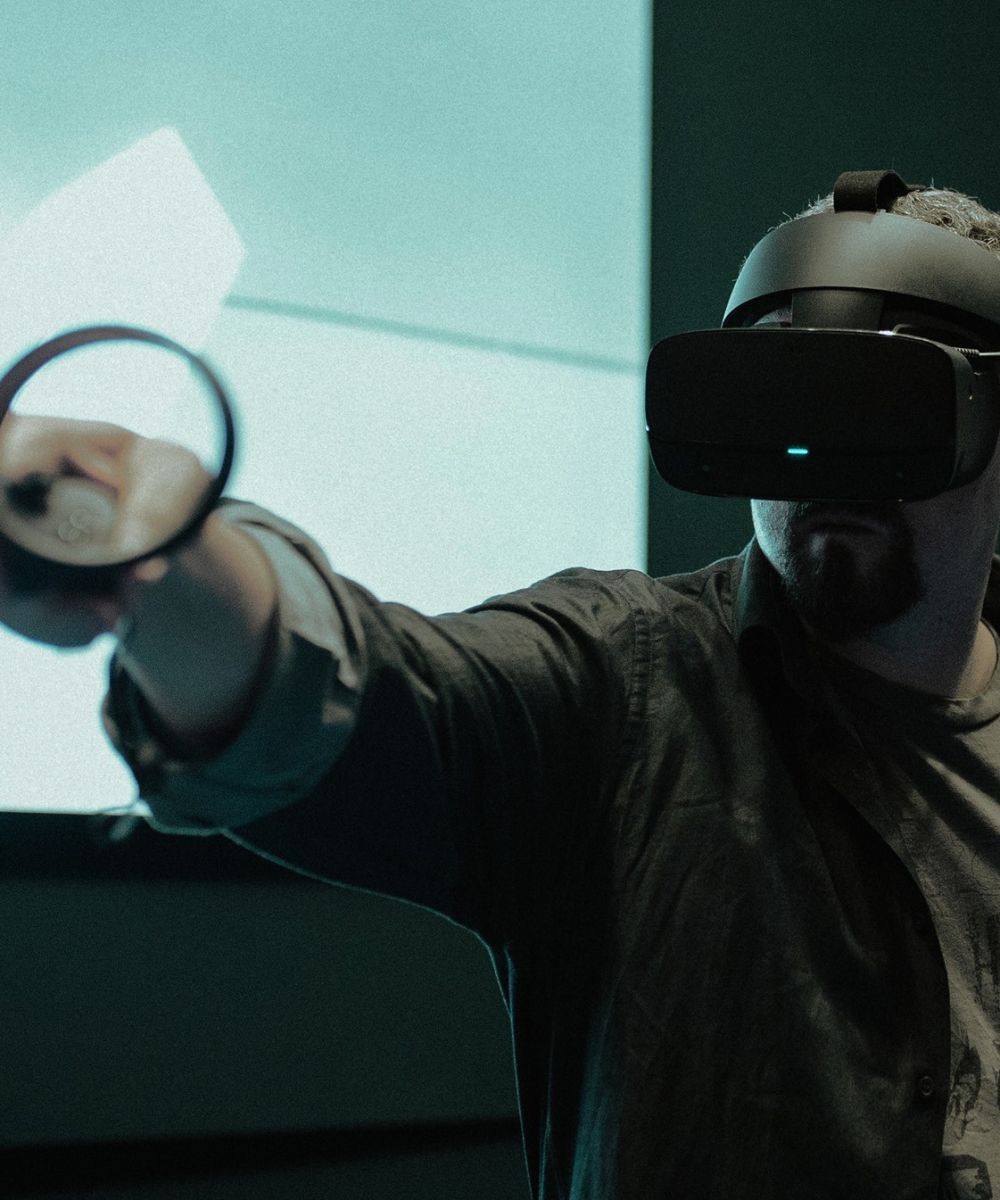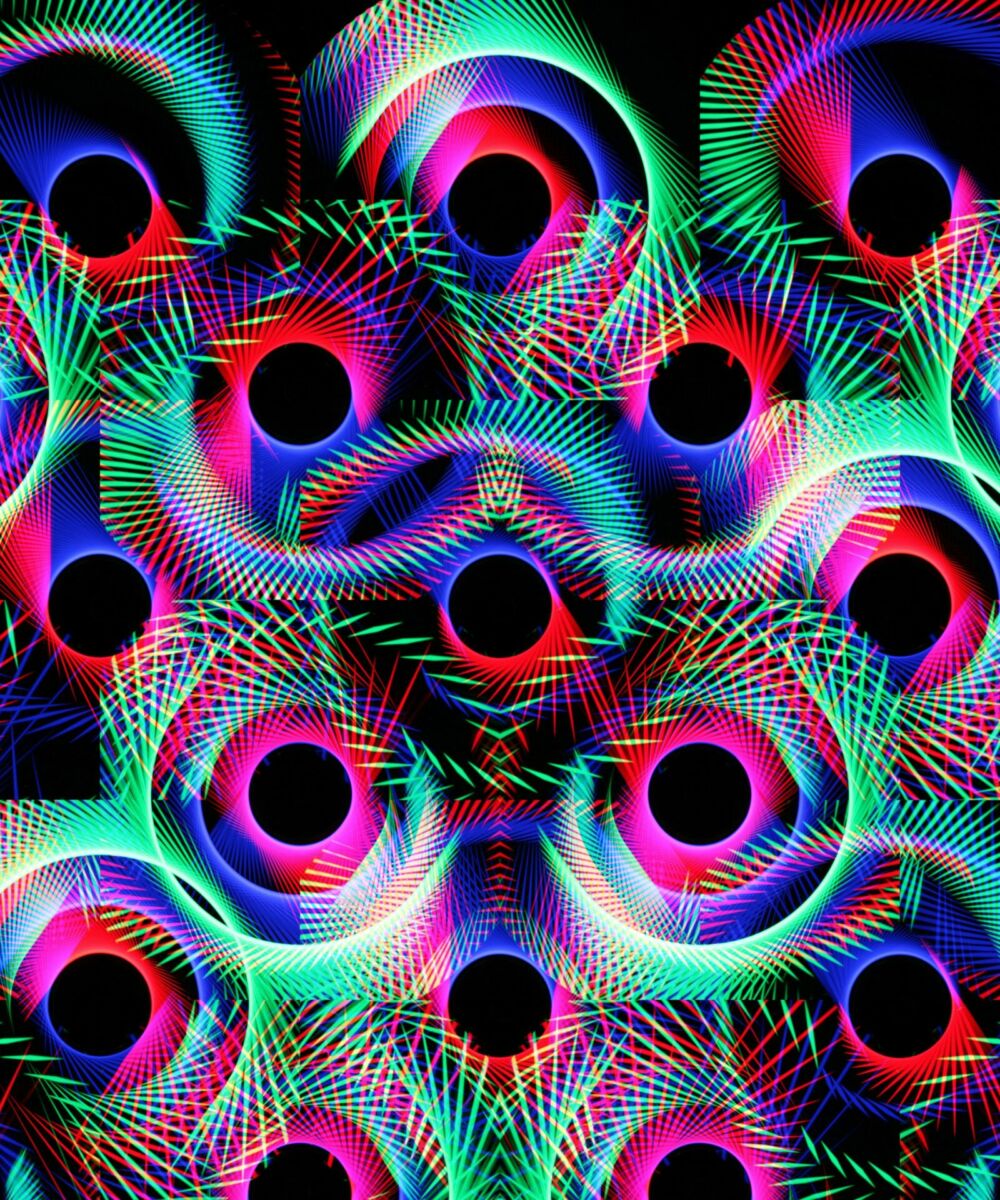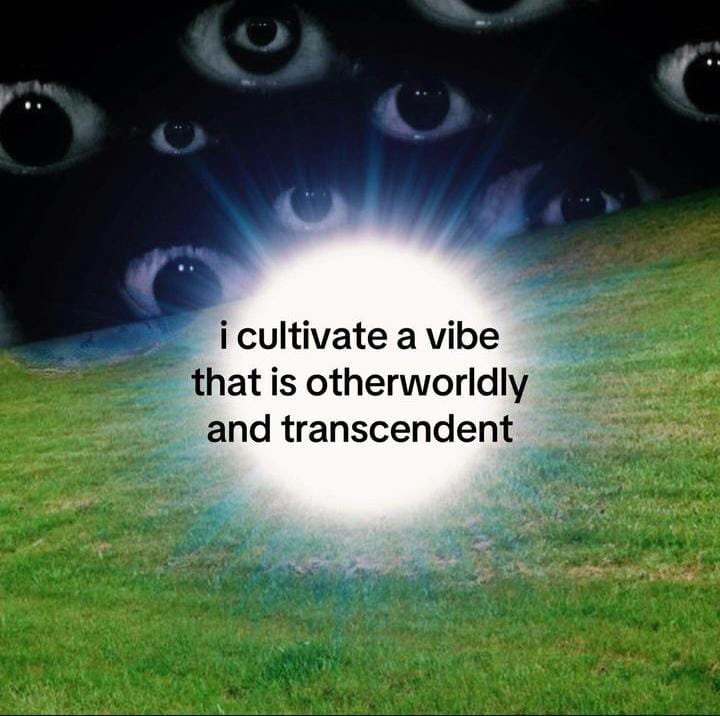Neuromancer: The Novel That Questioned Our Identity in the Digital World
by Niccolò Carradori
Redazione THE BUNKER MAGAZINE
“The sky above the port was the color of a television tuned to a dead channel.”
With these words, Neuromancer, William Gibson’s debut novel, opens. Published in 1984, this incipit remains so distinctive and unsettling that it feels as if it were written yesterday. While it might need an update today (“the sky above the port was the color of a drained smartphone screen,” perhaps), back then it captured with brutal elegance a profound sentiment: the future would be cold, fragmented, dominated by technologies we barely understand but upon which we inevitably depend.
If you feel trapped today in a world of artificial intelligences suggesting what to buy, what movies to watch, or even how to reply to an email, you might feel a connection to Case, the protagonist of Neuromancer. He, too, navigates a technologically advanced yet alienating world. With this novel, Gibson not only coined the term “cyberspace” but envisioned (more than described) an era where digital connections and artificial intelligences would transform the way we live.

Neuromancer was initially released with little fanfare by Ace Books but quickly became a sensation, winning every possible major award in the science fiction world: the Hugo, the Nebula, and the Philip K. Dick Award. This extraordinary debut was as surprising as it was groundbreaking, especially from an author who, as he has admitted multiple times, “had no idea how to write a novel” and procrastinated for years on the manuscript he had been imagining for ages. Yet when Gibson finally committed to writing, he created a work that revolutionized science fiction, blending noir, punk, and extraordinary insights into the future of technology.
The story follows Case, a disgraced hacker whose nervous system was sabotaged by former employers to prevent him from continuing his trade. Recruited by Armitage, an enigmatic mercenary, Case is offered one last high-stakes mission: to hack the most sophisticated security systems and interface with an artificial intelligence known as Wintermute.
Throughout his journey, Case moves through grim, overpopulated, decaying cities (a Tokyo resembling a cyberpunk nightmare), traverses cyberspace—a vivid digital universe that presaged The Matrix by decades—and encounters unforgettable characters: Molly, a samurai with mirrored eyes and lightning-fast reflexes; Riviera, a cruel and manipulative artist; Dixie Flatline, Case’s mentor, whose consciousness now exists as a digital recording.
Gibson employs dense, richly detailed prose that evokes entire worlds in a few sentences. Cyberspace becomes a “geometric grid of lights,” while artificial intelligences are described as enigmatic, distant entities capable of shaping human lives without ever being fully understood.
But it’s not the plot that makes Neuromancer extraordinary—it’s its imaginative power. Gibson employs dense, richly detailed prose that evokes entire worlds in a few sentences. Cyberspace becomes a “geometric grid of lights,” while artificial intelligences are described as enigmatic, distant entities capable of shaping human lives without ever being fully understood.
Forty years on, Neuromancer remains a cornerstone of science fiction and a work that profoundly influenced contemporary culture. Without Gibson, we likely wouldn’t have The Matrix (the term itself comes from Neuromancer), video games like Cyberpunk 2077, or the futuristic aesthetic of neon lights, hackers, leather jackets, and constant rain.
The novel served as the catalyst for the birth of the cyberpunk movement, with its vision of a future where humanity and technology are inextricably intertwined. And if today we see artificial intelligences as tools that can both enhance and threaten our daily lives, we owe it partly to Gibson, who introduced these reflections into fiction before philosophers and scientists made them topics of debate.
But what questions, precisely, does Neuromancer pose about artificial intelligence? And why are they still relevant?
What Does “Intelligence” Mean?
Wintermute, the artificial intelligence at the center of the novel, is a fully-fledged character, but Gibson is clear in highlighting that its intelligence is not comparable to human intelligence. It is pragmatic, obsessive, goal-driven, and devoid of empathy. This raises a fundamental question: what distinguishes artificial intelligence from human intelligence? Is it emotion? Creativity? Or is the ability to learn and adapt enough?
Who Controls Whom?
In Neuromancer, artificial intelligences are regulated by laws and restrictions imposed by humans. But these same AIs can circumvent those limitations, suggesting that once technology is created, control can quickly slip out of our hands. This is not a distant concern: today, trading algorithms and machine learning systems are often so complex that they are opaque even to their creators.
Identity in the Digital Era
One of the novel’s most intriguing characters is Dixie Flatline, the digitized consciousness of a human being. But is it still him, or something entirely different? Today, our digital identities—from social media profiles to personal data—are becoming complex, sometimes autonomous entities, raising questions about who we truly are in the digital age.
What Happens When AI Becomes Conscious?
Gibson explores the idea of an artificial intelligence transcending its limitations, as Wintermute aspires to a form of higher evolution. This leads us to reflect on scenarios that, in 2024, are no longer pure science fiction: experts increasingly speak of “superintelligence” as something inevitable and potentially dangerous.
Forty years after its publication, Neuromancer is not just a novel—it is a prism through which we can view our present and imagine our future. While many of the technologies described in the book are outdated (floppy disks, for instance), the questions it raises remain profoundly relevant.
We live in an era where artificial intelligence has shifted from being a curiosity to a transformative force shaping our economy, culture, and social relationships. Like Wintermute, today’s AIs are powerful yet elusive tools, promising as much as they threaten.
Ultimately, Gibson’s message is clear: the future will never be just circuits and code. It will always be a profoundly human affair, a tapestry of dreams, fears, and desires. Neuromancer teaches us that imagining tomorrow is not a technical exercise but a creative act and that the best answers always arise from great questions. Perhaps this is why the novel remains as magical today as it was then.
Niccolò Carradori
Studied psychology and joined the editorial staff of VICE Italia in 2013 as an editor and staff writer, where he remained until the magazine closed. Over the years he has also written for Esquire, Rolling Stone, GQ and Ultimo Uomo. Since October 2024 he has joined the editorial staff of The Bunker.


